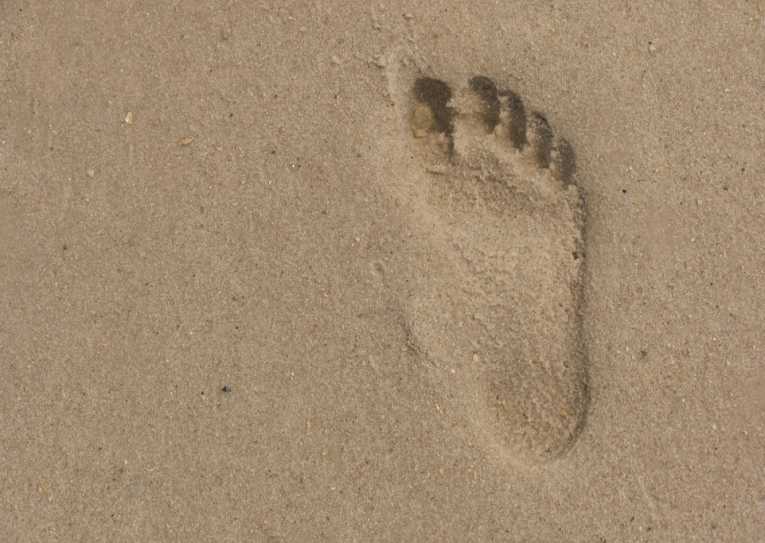Traveling is sometimes an essential part of life, but it can also be a luxury adventure to explore the wonderful planet we live on. Regardless of the reason, eco-friendly travellers work hard at altering their plans in order to have a lesser impact on the environment. Modern methods of travel can make it difficult to maintain this way of life when going on vacations and/or business trips, but there are a few simple ways that you can reduce your carbon footprint when traveling.
Air travel is one of the worst contributors to the release of Co2 into the atmosphere, so it is best to avoid using planes whenever possible. On the other hand, trains and other forms of public transportation tend have fewer carbon dioxide emissions and can be a great way to see different parts of the world, discovering exciting new places along the way. Your journey may take longer, but it can add to the sense of adventure.
If you are travelling overseas and need to make use of transatlantic flights, you can sign up with one of the many offset programs offered by airlines today. These allow you to donate to an environmentally friendly organization or trust, which is one way to help offset the carbon footprint of your flight. There are various projects which you can choose to support, including the planting of new trees to help save the planet's forests. These trees will grow to help the atmosphere by turning carbon dioxide into oxygen.
Plan your accommodations carefully to help cut down on travel times when you arrive. Select a hotel that is close to the shops, theatres, restaurants and activities you have planned. This will help to save money on transport costs, especially if they are within walking distance. If you cannot reach all of the areas on foot, consider renting a bicycle to help you get around. This releases no carbon dioxide, so you will be doing the planet some good while also keeping yourself fit at the same time! For longer trips, consider hiring a hybrid car or using local public transportation such as buses and trains.
When it comes time to investigate the local cuisine, try to choose restaurants and bars that use locally produced and/or organic foods. If you are visiting a beach town, look for chefs who buy from local fishermen as they bring in their catch of the day. This way you are supporting local communities and cutting down on emissions caused by food that travels long distances before ever reaching the dinner plate.
Finally, remember to switch off electrical equipment when it is not in use, and to turn off lights that are not needed. Make sure you do not leave the tap running when you brush your teeth, and choose showers over baths. Most hotels now support the recycling of waste, so if you are not certain about the policy be sure to ask at reception. All of these little changes add up to help keep your carbon footprint low, even when you are away from home.










